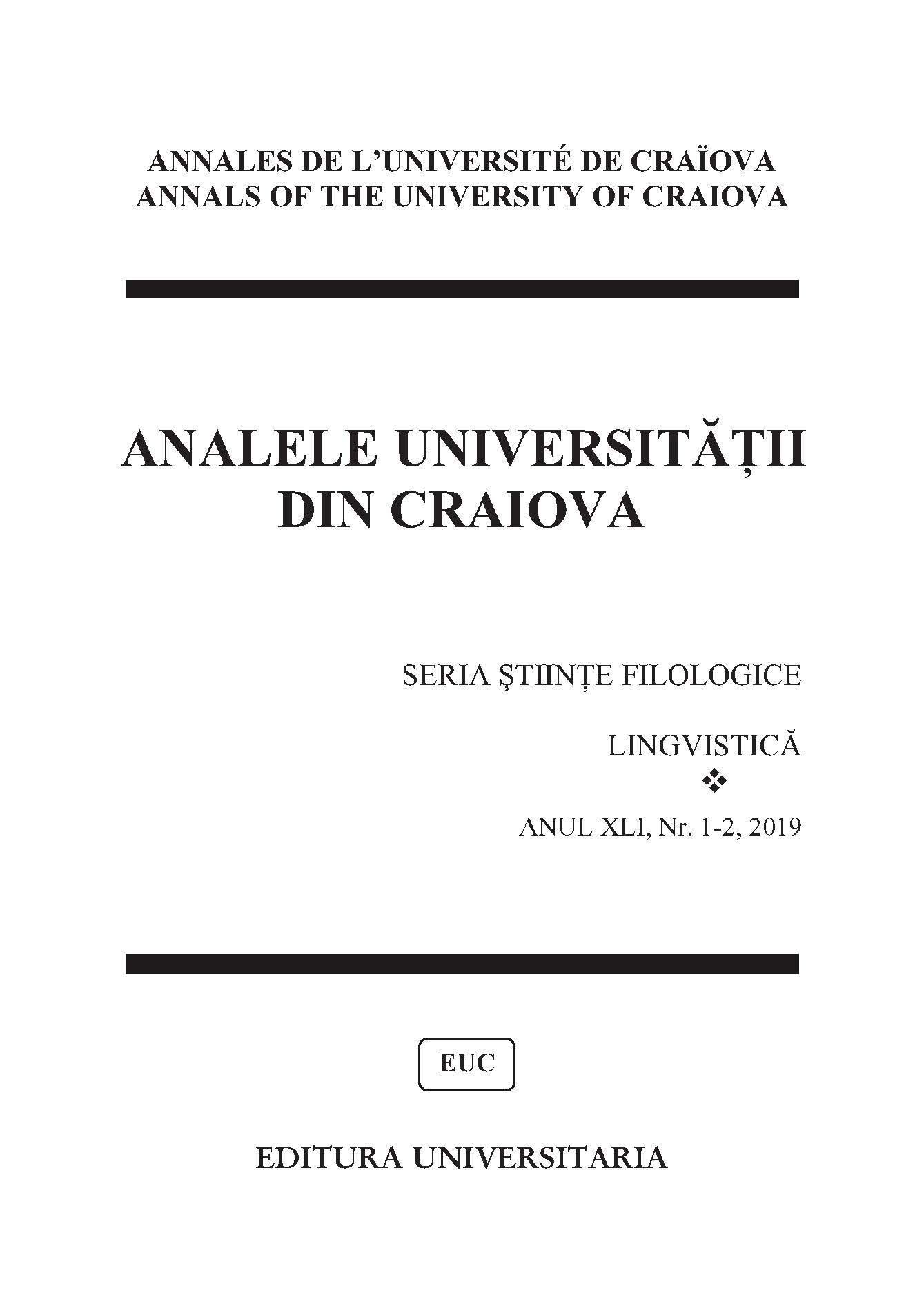Interdependenţa dintre forma literară şi gândirea filosofică în proza lui Seneca
The Interdependence between Literary Form and Philosophical Thinking in Seneca’s Prose
Author(s): Mihai Valentin VladimirescuSubject(s): Language and Literature Studies
Published by: Editura Universitaria Craiova
Keywords: Seneca;literary style;philosophy
Summary/Abstract: Which were the cultural tensions that exacerbated the spiritual needs Seneca will consider in his writings? What literary techniques impregnate a special force on his spiritual treatment? Style is essential for Seneca, representing his best weapon. The post-classical expression style was an indicator of the new attitudes generated by the altered social and political circumstances of the early empire. The transfer of words from their own semantic field to the one of philosophy is characteristic for most of Seneca’s philosophical writings, sensibly conveyed through philosophical concepts and common language and loosely establishing meditative patterns. The recognition of the connection between figurative language and diatribe tradition should not prevent us from noticing the deeply different effect it has on Seneca’s philosophical style. In the Julius-Claudian literary culture, Seneca was a genuine innovator, applying figurative rhetoric to literary scenarios, both in prose and in verse and emphasizing the ethical issues of style.
Journal: Analele Universităţii din Craiova. Seria Ştiinţe Filologice. Lingvistică
- Issue Year: 2019
- Issue No: 1-2
- Page Range: 445-462
- Page Count: 8
- Language: Romanian

